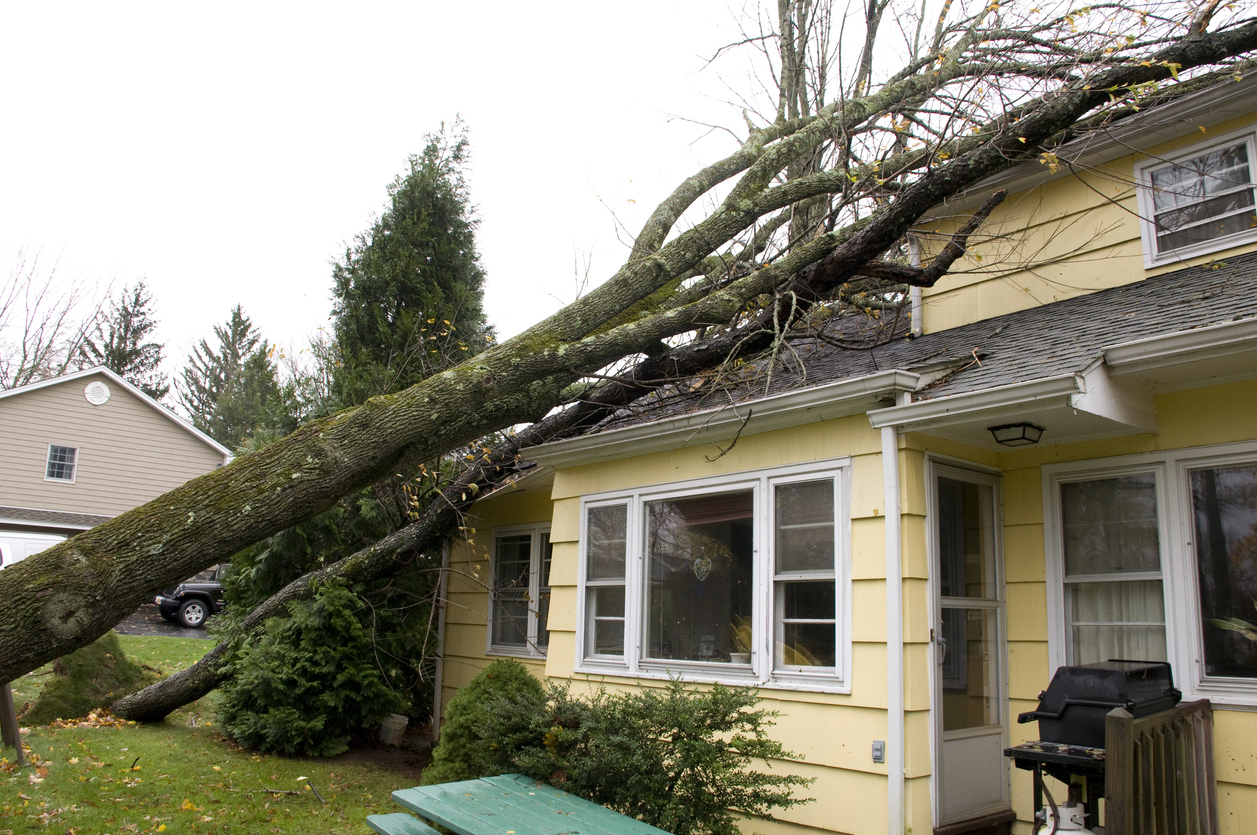4 Things to Know About Home Insurance Claims.
Your home is your most important asset – it’s not just where you live, it’s your sanctuary and your family’s nest. But sometimes, the unexpected happens and causes problems for your home. That’s why you have home insurance. It’s like a safety net for your home. But before you submit a claim, let’s talk about some important things to know about home insurance.
Know Your Insurance Coverages.
Think of your home insurance like a set of rules for keeping your home safe. You need to understand what these rules are. They tell you what’s allowed and what’s not. You need to know what “perils” or potential happenings are covered by your personal home insurance policy. Standard home insurance coverages can typically include your home’s structure, your personal liability, and some other structures on your property. Additional home insurance coverages can be purchased to cover additional perils such as water damage, identity theft, or offer a guaranteed replacement cost or extra coverage for personal valuables, to name a few.
Reporting a Claim.
If something goes wrong, Cheep Insurance is here to help. Remember that insurance is a delicate balance – you want to be protected and have help if there is damage, but you also need to realize that a claim can negatively impact your insurance going forward. If your home suffers damage from an “insured peril” (damage caused by something that is covered by your insurance), you should look at what damage was caused, potential future problems that may arise from that damage, and how much it will cost to fix.
If the damage is easily fixed, will not cause future or spreading problems, and is within your budget to fix, you may want to consider simply fixing the damage on your own, or hiring a contractor to do so. This is because having 2 home insurance claims in 5 years may result in your policy being cancelled. This will affect the types of coverages you are offered with other insurance companies, and the prices you pay for insurance premiums.
Water damage that may cause rot or mold, fire damage, and larger damages are examples of problems you will definitely want to discuss with your insurance provider or broker. These issues may result in further damages, and you will likely want to submit a claim.
The most efficient way to report a claim is directly to the insurance company. The contact information for all of the insurance companies Cheep works with, as well as claims FAQs can be found on our claims page, and we also have a blog on what happens after you report a claim.
Take Photos & Keep EVERYTHING (and we mean everything).
Although many of us don’t, it is good practice to take photos of each room in your home every year, or after major changes. If there is a claim and your home is a total loss, you will be asked to provide an inventory of your contents – and it is very difficult to list off everything you’ve collected over the years. We hope you never have a claim, but if you do, it’s important to keep any paperwork and pictures that give an idea what your home looked like before anything happened.
After you experience a loss, it is necessary to record and keep track of all purchases you make. From new clothes, hotel stays, pet boarding fees, gasoline – everything. You pay for insurance, and after a claim is your insurance company’s time to prove why. If your policy includes additional living expenses, any costs above and beyond your everyday life (like the examples listed above) may be covered as part of your home claim.
The Claims Process.
After you speak with a claims adjuster from your insurance company, they will guide you on all the next steps as far as the claim in involved. Whether this involves hiring contractors to fix the home, rebuilding after a fire, or installing fans and dehumidifiers for a water claim. Please note that once a claim is in the hands of the insurance company, the broker receives very little notification or update about it.
The insurance company and claims adjuster will work hard to help you – it is their job to ensure you are returned to the same position you were in had the loss not occurred, and help you return to normal as much as possible.
Remember, home insurance is here to protect you and your family. It is important you know how it works, ask for help when you really need it, and keep records that show what your home looked like and what you kept inside. A loss is never easy, but there are steps that you can take to ease the stress if something bad happens.
*Please note that this blog is for general informational purposes only, and claims are processed and adjusted on a case-by-case basis. Regardless of your home insurance policy, every claim is handled individually.







 Most policies insured with Cheep Insurance are Agency Bill/IFS financed policies. You can determine who manages your payments by following the directions below. If you are still not sure who manages your payments, call our team as funds paid directly to the insurance company when they should go to IFS will cause large delays.
Most policies insured with Cheep Insurance are Agency Bill/IFS financed policies. You can determine who manages your payments by following the directions below. If you are still not sure who manages your payments, call our team as funds paid directly to the insurance company when they should go to IFS will cause large delays.